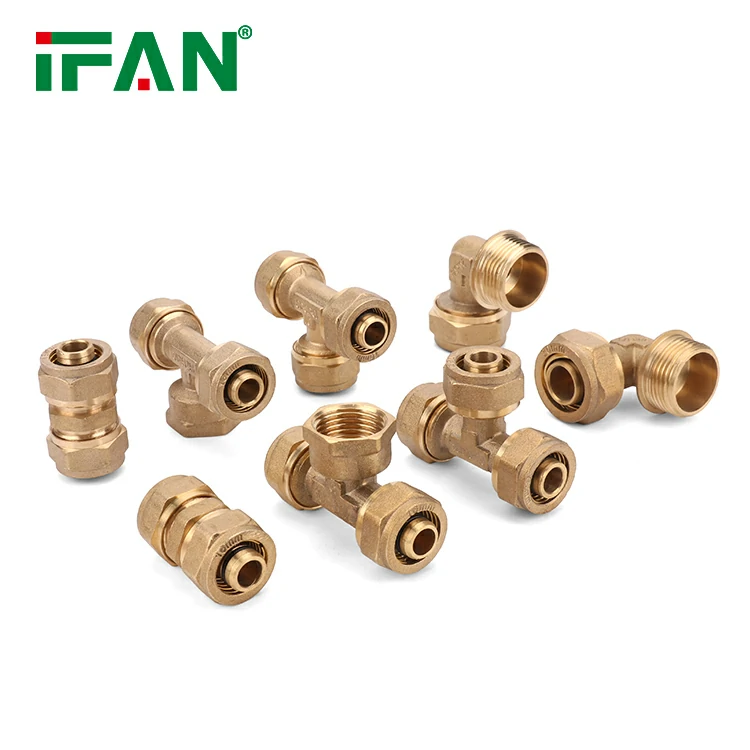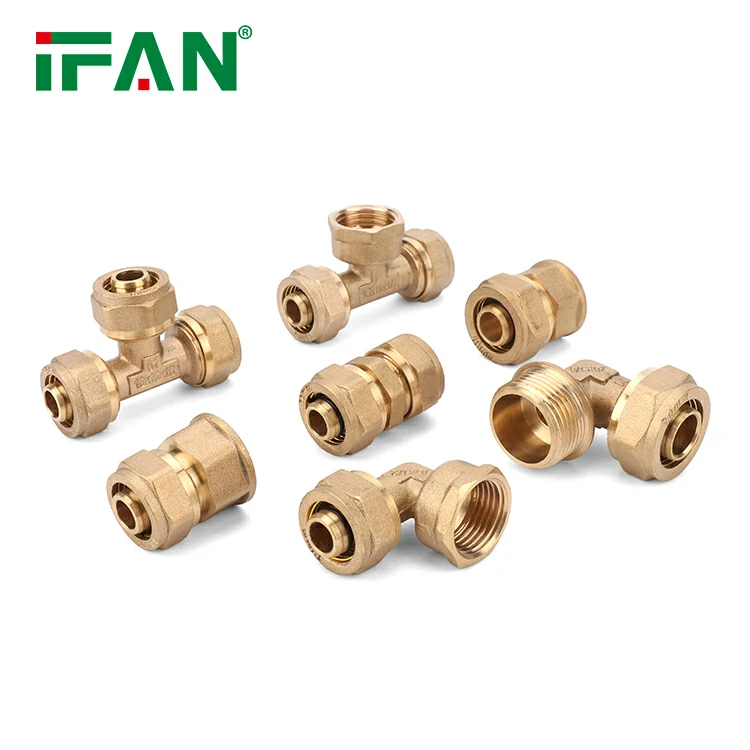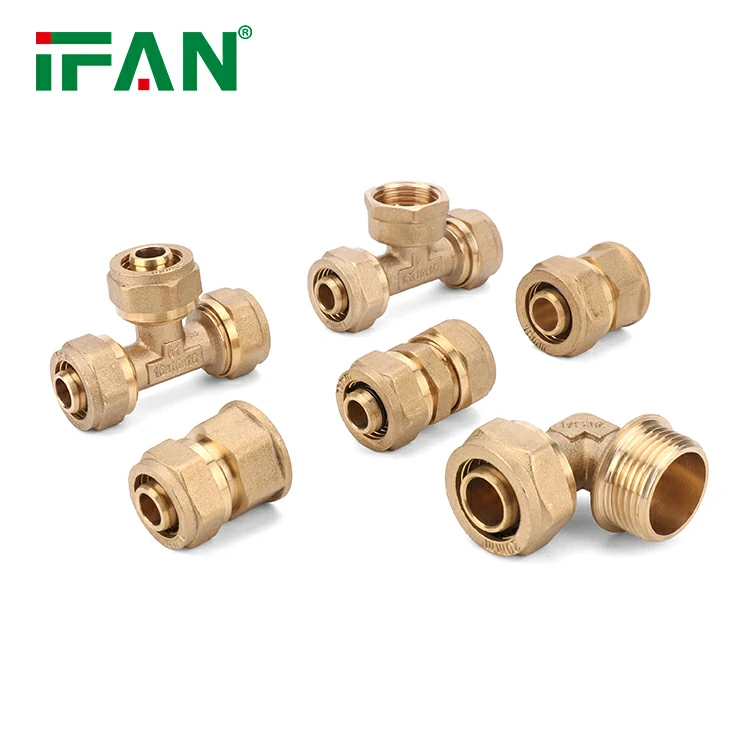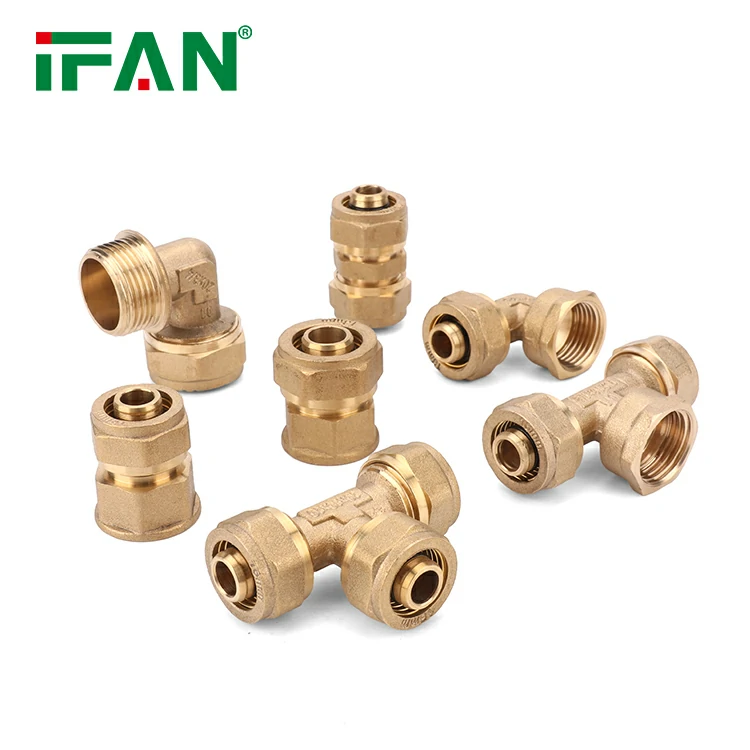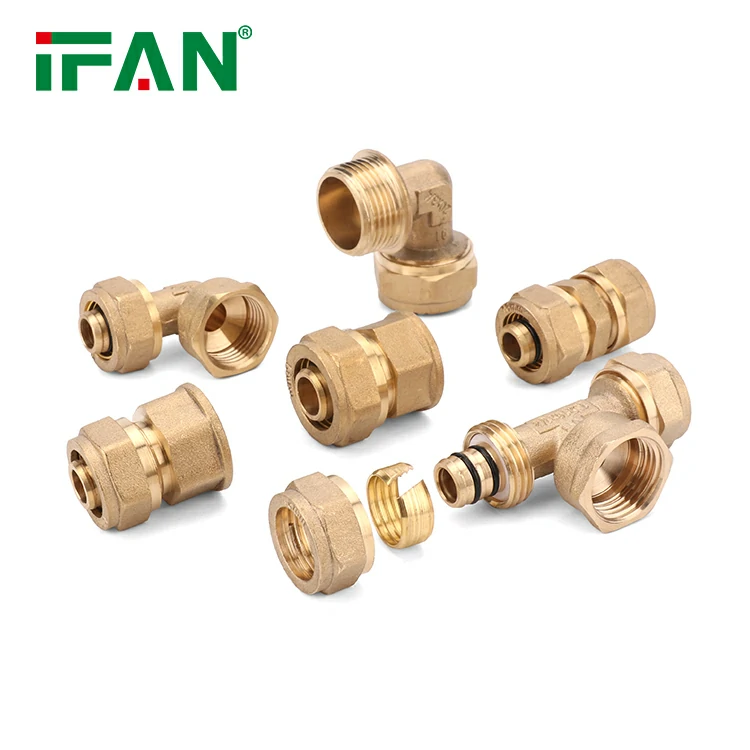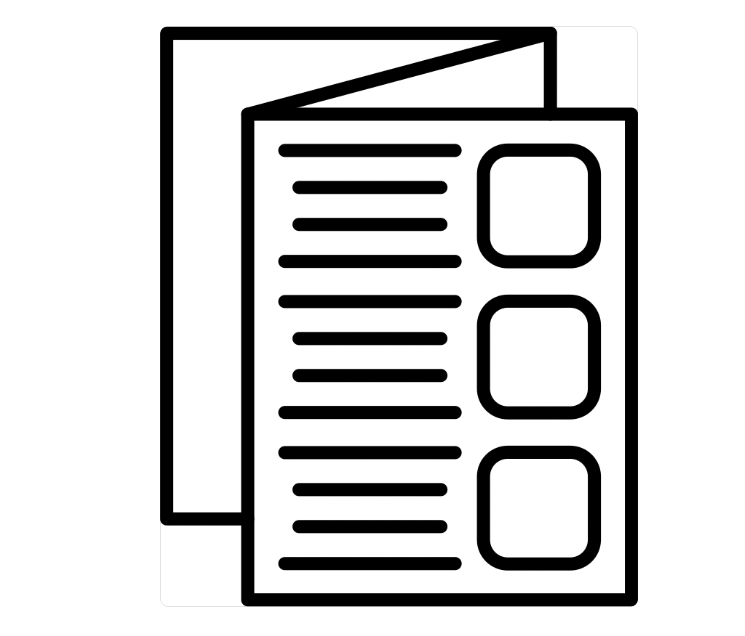IFAN Brass Compression Fittings
Name: IFAN Brass Compression Fittings
Brand: IFAN
Category : Click Download
Whatsapp : +86 19884503412</p>
Category : Click Download
Whatsapp : +86 19884503412
Wechat : 19884503412
Description
Introduction to Gas Pipe Fittings
Gas piping systems require secure connections to prevent leaks and ensure safety. Compression fittings are commonly used in plumbing, but their suitability for gas applications varies by region and material type. Understanding regulations is crucial for proper installation.
What Are Compression Fittings?
Compression fittings create seals by compressing a ferrule between a nut and fitting body. They’re popular for water systems due to their tool-free installation. However, their use with gas depends on local codes and material compatibility.
Regulations Governing Gas Fittings
Most jurisdictions strictly regulate gas line components. In many areas, compression fittings are prohibited for gas unless specifically certified. For example, the US National Fuel Gas Code limits their use to certain approved materials and applications.
Approved Materials for Gas Connections
When permitted, only specific materials can use compression fitting for gas. Brass compression fittings are sometimes allowed for low-pressure natural gas systems. Copper tubing with flare fittings is generally preferred over compression for gas lines.
Safety Concerns with Compression Fitting
Gas systems demand higher safety standards than water systems. Brass compression fittings may loosen over time, creating potential leak points. Vibration and thermal cycling can compromise their integrity in gas applications.
Alternative Fitting Types for Gas
Professionals often recommend flare fittings or welded connections for gas lines. These provide more reliable, permanent seals than compression fitting. For instance, flare fittings are required for flexible gas connectors in many regions.
Special Cases Where Allowed
Some jurisdictions permit compression fitting for specific gas applications. Temporary test connections or appliance hookups might use approved compression fitting. Always verify local codes before installation.
Best Practices for Gas System Installation
When compression fittings are permitted for gas, follow manufacturer specifications precisely. Use thread sealant approved for gas systems and conduct thorough leak testing. Professional installation is strongly recommended for all gas work.
Conclusion
Compression fittings are generally restricted for gas systems due to safety concerns. While some exceptions exist, most codes require more secure connection methods. Always consult local regulations and consider professional installation for gas piping projects. Safety should always be the top priority when working with gas lines.
相关产品
- PEX Fitting
Brass Compression Fitting
- PEX Fitting
PEX Compression Elbow
- PEX Fitting
PEX Pipe Fitting
- PEX Fitting
PEX Compression Fitting Socket
HAVE ANY QUERIES? SEND TO CONTACTOANTSMACHINE.COM
ONTACT US

